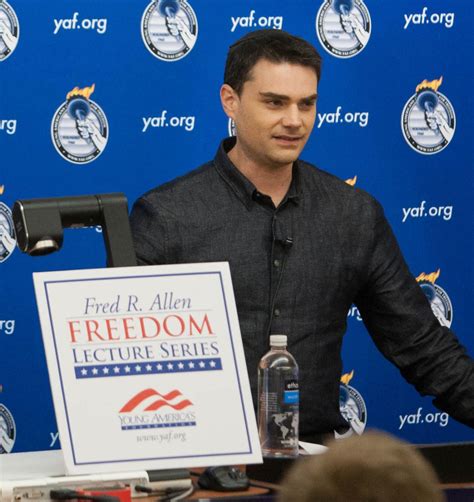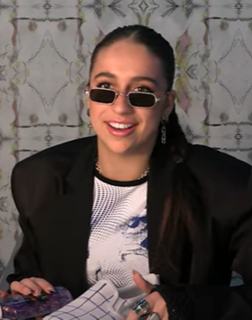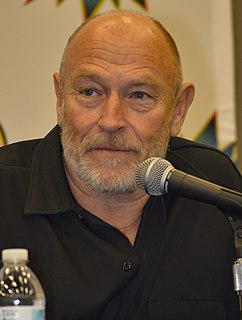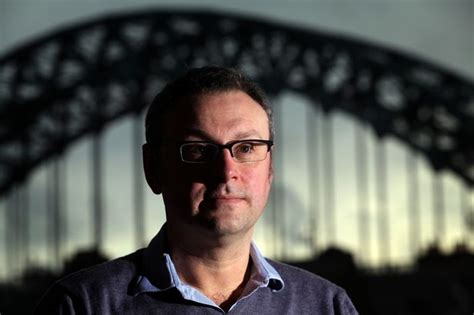A Quote by Michael Scott
Making sure that the geography and timelines work is always the hardest part of writing. But you owe it to the readers to get it right!
Related Quotes
For me, the hardest part is getting up and writing, that's the hard part. I always felt like I could teach someone to direct if I really had to. I feel like it's a skill that's passable, but writing... writing is the worst. That's what I'm doing right now, it's just the hardest thing that you'll ever do.
You get to use everything you learned in movie business. You talk to actors, if you do it right - and I haven't always done it right - you should be shaping the material all the time. And the other thing is, you get all the blame when you direct and it doesn't work. You get slammed. So that's another reason to know what you're making, why you're making it, and make it the way you want.
In comedy you sometimes have to look at the funny bone a little bit. So, that was the hardest part - was not offending. I'm not laughing at anybody. We're laughing together about who we are - and the funnier part of who we are. I'm (sure) not writing this and calling you a stereotype. I'm not doing that.
My generation of playwrights have grown up writing for studio theatres, and so the task of writing for more than ten or so actors is a huge challenge. Logistically, it's like doing an enormous Sudoku. Making sure everyone is in the right place at the right time in the right order instantly sends me into a cold sweat.
The ear is the only true writer and the only true reader. I know people who read without hearing the sentence sounds and they were the fastest readers. Eye readers we call them. They get the meaning by glances. But they are bad readers because they miss the best part of what a good writer puts into his work.
I'm not sure I would call it agony but there is a kind of cyclic frustration. You get one story right and then here comes another one. When does that end? What I'm trying to do is get it to end right now, by recognizing that that cycle is writing. That is: trying to understand the frustrations and setbacks (and agony) as part of a bigger chess game you are playing with art itself.






































